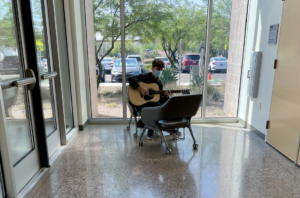Free higher ed courses not great USED investment
Rick Hess makes a series of good arguments that the $500m ‘online skills laboratory’ isn’t a great investment. In the mixed provider post secondary space, quality content isn’t the top barrier. It’s pricing that reflects the sunk costs of existing institutions. A healthy market will make investment in content attractive; this seems to be doing the opposite.
Here’s a couple things the Department could do to spur innovation in the college prep and post secondary market:
- invest in learning funds focused on adaptive content and new school formats (grants with profit recycle provisions for evergreen impact)
- provide scholarships for online/blended providers targeting low income and minority populations
- make grants for innovative platforms that blend open and proprietary content with aligned student, teacher, and school supports (i3 should do this but won’t)
- fund some R&D around the killer app: smart recommendation engines that queue a personalized learning playlist
The space badly needs public and private investment in innovation. USED should leverage private investment rather than dampening incentives.







0 Comments
Leave a Comment
Your email address will not be published. All fields are required.